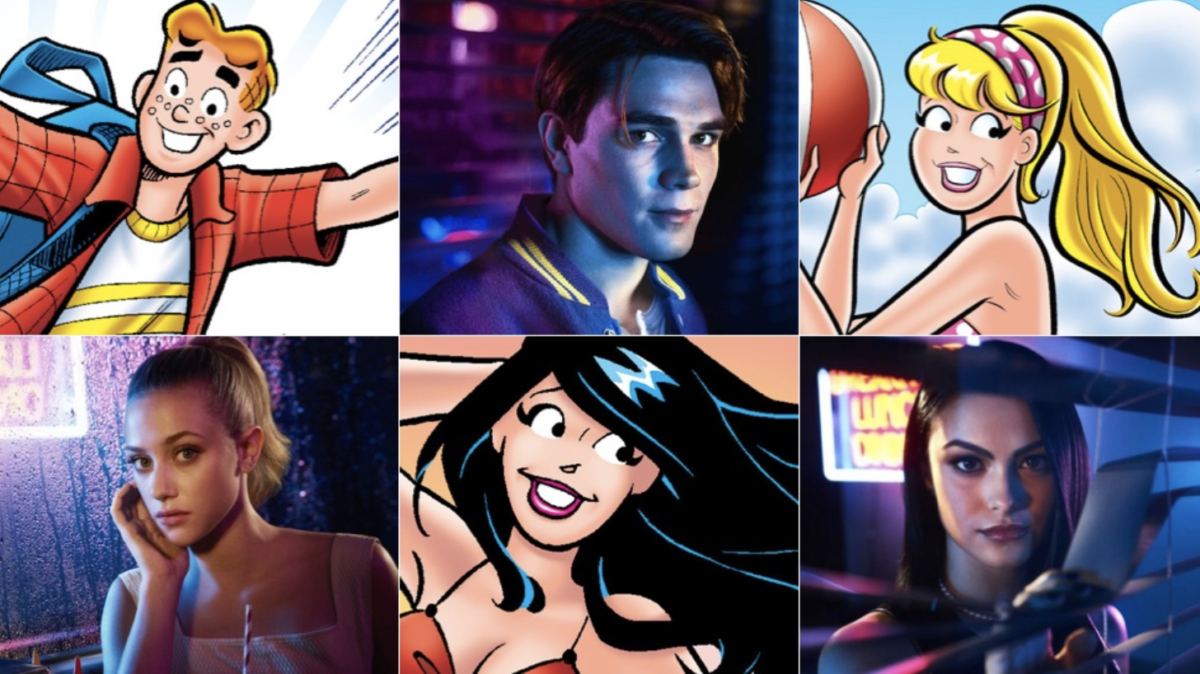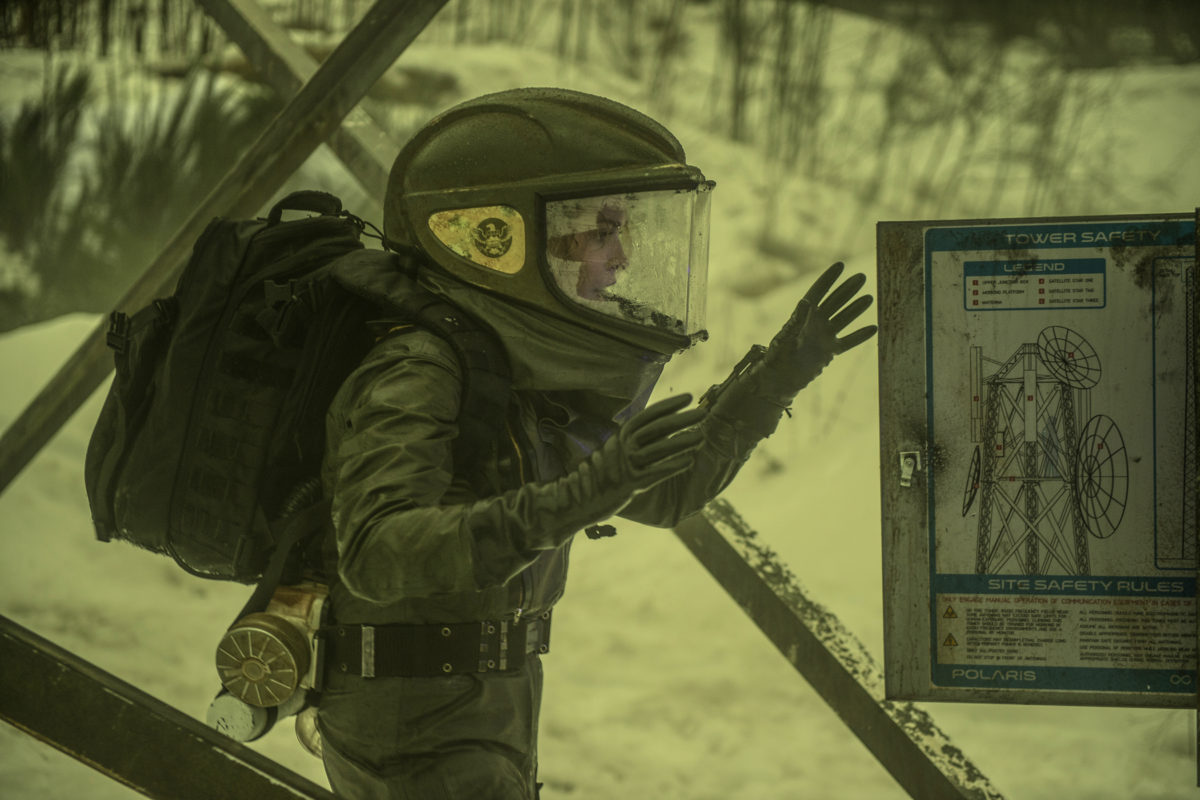Very rarely will you encounter a film or television adaptation that exceeds expectations and presents better than the original book.

More often than not, book fans leave the screening of a new film adaptation disappointed and a little confused. Think Harry Potter, Game of Thrones, The Handmaids Tale – they’re all examples of successful adaptations but they are all also missing key details that influence their original narrative. Harry Potter continues to be one of the most successful franchises but there’s people who would still argue that the films didn’t do the story justice.
Hollywood loves to turn YA hit novels into films. The CW turn their fair share of successful books into equally as successful television series. Subscription services such as Netflix and Amazon’s Prime Video are also trying their hand at adapting cult classics. Think To All The Boys I’ve Loved Before, The Handmaid’s Tale and Pretty Little Liars; they’re all successful adaptations that eventually started telling their own tale.

Does it all boil down to which source we first accessed? You will often find content that falls into the young adult (YA) fiction category adapted. From Archie Comics becoming Riverdale and The Fault in Our Stars smashing it at the box office, YA is speculated as one of the easiest genres to transform onto the big screen. It’s also one of the most judged, with target audiences expecting perfection; the rise of pop- and fandom culture being just some of the reasons why.
Upon releasing the Netflix Original version of Jay Asher’s 13 Reasons Why, fans voiced their disappointment (in more than that whack story line). It was said that the novel would have sufficed as a film. Fans of the original work believed that the story was altered too much in this new version; events in the film were dragged out (with no purpose other than to fill an episodes allocated thirty-odd minutes), whereas the events in the novel happened fairly quickly.
Many watched The Vampire Diaries before they read L.J Smith’s books. The characters in the adapted show didn’t even match the same description of the ones in Smith’s world. Hello, blonde Elena and four-year old sister Margaret. You expect some change to happen from a series written in the 90s to a series being produced for television today but shows such as TVD and The 100 (published in 2013) have transformed the adapted version into a work of its own.

Using The 100 as an example, the show features characters and story arcs that don’t exist in Kass Morgan’s books. In fact, one of the main characters in the books was killed off in the first season of the show; more than half of the cast in the show was invented for the story the writers and producers wanted to create. We’re not even going to start on the storyline; the first season seems to cover all four books and so much more. When does the adaptation stop being an adaptation and start becoming its own?
Series created for television or subscription-based services allow the original story to continue. Have you ever read a book and wished there was more content with those specific characters? Adaptations allow for that, and more. For stand-alone novels, the first season of the adapted series will generally follow the same story line. But once that season is over, there’s nothing left to adapt. This is where the writers get to step in and transform the story into an “original” idea. It’s rare for a show to only have one season meaning it’s up to the show runners to take it to the next level. And many do!
So many adaptations flop but there’s quite a few that do succeed with their intended audience. Maybe it’s time we start treating these adaptations as a work of their own and not look for the *missing* details too hard.
Let us know what you think of film and series adaptations in the comments.







